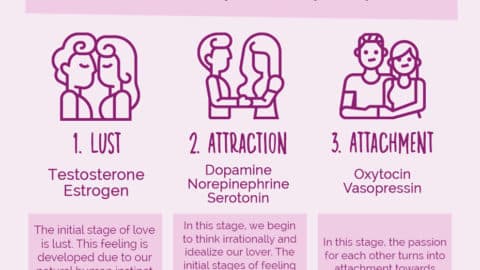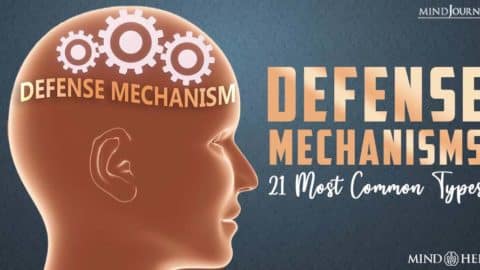In 2018, the deaths of renowned chef Anthony Bourdain and acclaimed fashion designer Kate Spade shocked the world. These tragic events raised questions about how individuals, seemingly successful and loved, could suffer so profoundly.
The root causes were twofold: the enduring stigma surrounding mental health and a lack of knowledge about where and how to seek help promptly, even with ample resources available.
The subsequent media coverage and widespread discussions about mental health issues in the workplace prompted a crucial turning point in public perception. It became evident that mental health benefits that were previously created to help employers promote employees’ mental health were insufficient and lacked comprehensive coverage.
How can employers promote employees’ mental health?
To address mental health issues in the workplace, companies need to dismantle the distressing stigma surrounding mental health and develop strategies to support their employees in navigating the complex and understaffed behavioral health care system. Granting access to mental health care alone is insufficient.
Employers must provide a platform for employees and their loved ones to be seen and understood, along with practical resources to navigate the challenges they face. Companies should adopt a holistic approach that encompasses access, support, and navigation.
Embracing responsibility for their employees’ mental well-being is a humanistic approach to leadership, which should permeate the company’s culture from the highest levels downward.
Boards, C-suite executives, and senior leaders must align themselves with this philosophy to effectively support their employees’ mental health and identify opportunities for meaningful assistance. The potential to extend support is limitless.
Companies can begin by evaluating their current mental and behavioral health benefits, assessing utilization rates, and determining if their offerings adequately address the diverse needs of their workforce. Identifying areas for expansion is vital, but enhancing access is just one part of the solution.
Managers and leaders play a pivotal role in reducing the stigma around mental health by fostering an environment where employees feel safe to share their struggles. Humanistic leadership goes beyond routine check-ins; it involves creating space for open dialogue and support.
In addition to access and support, employers must prioritize the navigation of benefits. While comprehensive mental health benefits are crucial, employees may struggle to access them due to the complexities of the healthcare system.
Companies can seek partnerships with benefits providers that offer hands-on mental health support and customizable programs tailored to their specific organizational needs. These programs often include self-care resources, seminars, workshops, and self-guided tools that fill the gaps in employee care.
Kathie L. Patterson, the chief human resources officer of Ally Financial, writing for Craine’s Detroit Business, urged employers to take up the mantle of mental health when it comes to their employee’s emotional wellness.
She said: “I encourage all companies to explore how they can give their people better support for mental health and overall well-being. Breaking down [the] huge barriers [to an already] complicated health care system will help employees and their families find their footing and a sense of belonging. It’s also an opportunity to do the right thing in a world that can sometimes be harsh and unpredictable.”





